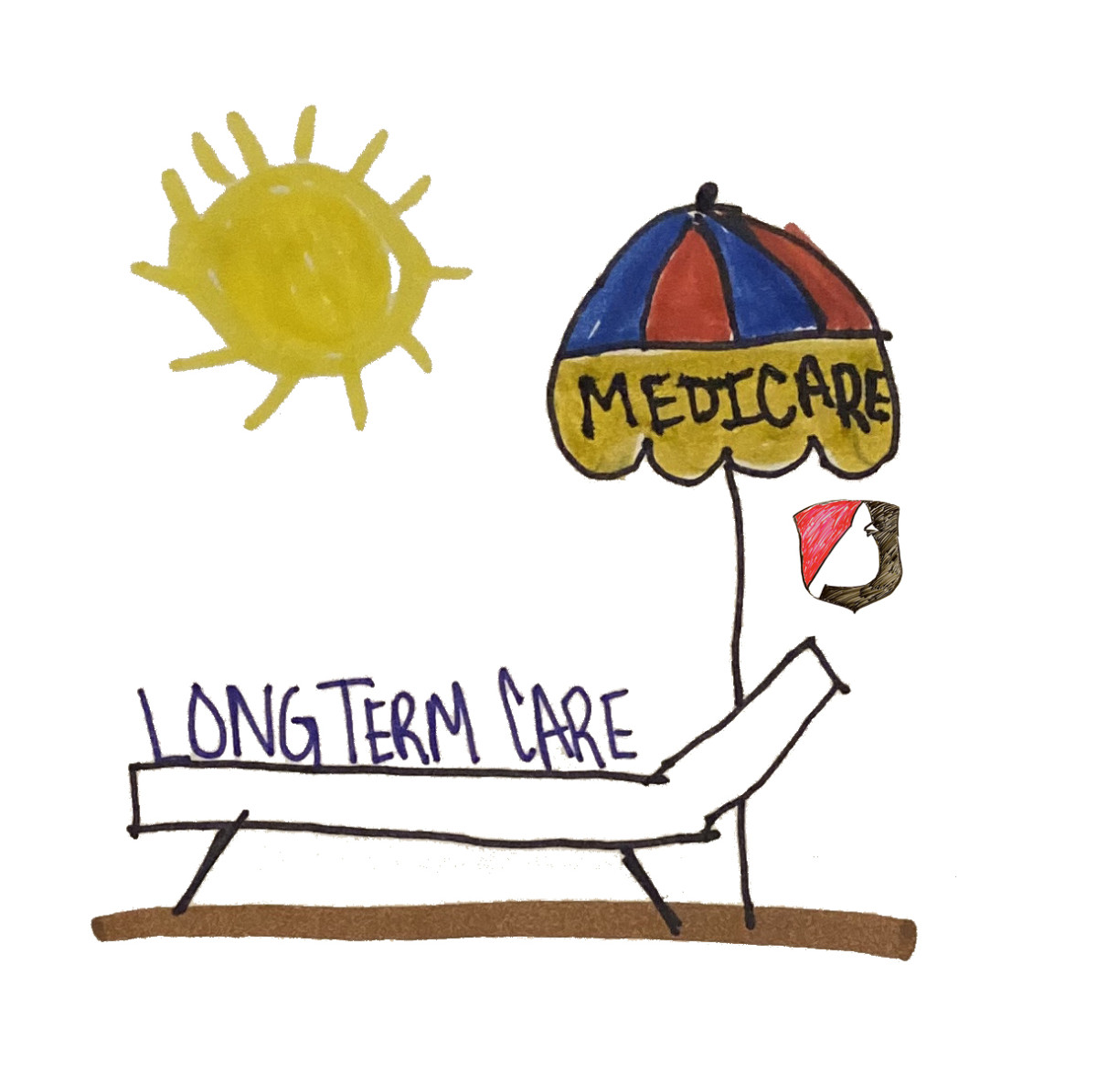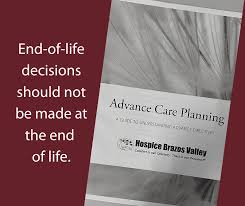
A doctor will analyze the mother's blood for DNA fragments in order to perform a down syndrome test. DNA fragments are small pieces of DNA that have 25-30 base pairs and match a particular chromosome. Researchers then counted how many gene fragments each chromosome contained. Researchers found that Down syndrome patients had more DNA fragments on chromosome 21 than those without the condition.
Screening tests estimate the risk of a baby having Down syndrome
Screening tests can estimate the chance of a baby developing Down syndrome. A one-in-1,000 chance that a baby will have Down syndrome means that one thousand babies will be born with the condition. The normal number is 999. This is the National Screening Committee threshold for identifying a woman's chance of having a Down baby.

These screening tests may include a blood test that measures the amount of fluid a baby is in, age, gender, ethnicity, smoking status, and gestational age. These tests are used by computers to calculate the chance that a baby will have Down syndrome. Despite being accurate, some screening tests may give abnormal results, even when there is no problem. This is why it is essential to be educated about the risks associated with screening tests before any medical procedures.
Diagnostic tests tell whether or not a baby has Down syndrome
There are many diagnostic tests that can be used to diagnose Down syndrome. These include ultrasound and blood testing. These tests are more accurate than later-in-the-pregnancy tests and have a higher number of false positives. Your doctor may recommend that you have an amniocentesis (or a sample of the amniotic liquid) performed if abnormal results are obtained. This will determine if your baby has Down syndrome. The quadruple marker screening, which can detect brain and spinal cord defects as well as neural tube defects, is another test. These tests are done around 15 to 20 weeks after the first trimester. To determine if you are at risk of any birth defects, your doctor might request a sample or fluid from you amniotic membrane to count the chromosomes.
Ultrasound screening is another method of detecting Down syndrome in a woman's womb. A woman must place a gel on her abdomen and take a small amount of blood. The ultrasound transducer then transmits sound waves to the amniotic membrane, which deflects the uterine structures. The speed at which the sound waves bounceback will depend on the density of these structures. The computer will then analyze and transform the information that bounces back into an image representing the fetus.
Screening tests are invasive
Screening tests for Down syndrome may be invasive. This is true regardless whether they are correlated or not with miscarriage. A new study has shown that the current invasive tests have no advantage over theoretical NIPD exams. Surprisingly nearly half of all women polled said they would not consent to the tests. Some women might opt to have these tests if they feel they are not at risk of miscarriage.

Although the screening for DS has been a huge improvement since the early 1980s many improvements are still needed. Today, approximately 60% to 80% fetuses are falsely negative after invasive testing. These tests come with significant risks and are often false-positives. 400 miscarriages occurred in 2008 due to screening for DS.
FAQ
What is a health system?
The entire spectrum of health care is covered, including rehabilitation and prevention. It includes hospitals as well as clinics, pharmacies, community health services, long-term and home care, addictions, palliative care, regulation, finance, education, and financing.
Health systems are complex adaptive systems. They are complex adaptive systems with emergent features that cannot always be predicted by looking at each component.
It is difficult to manage and understand complex health systems because of their complexity. This is where creativity is needed.
Creativity allows us to find solutions for problems we don’t know how. We use our imaginations to create new ideas and develop ways to improve things.
Because health systems are constantly changing, they need people who can think creatively.
People who think creatively can help change the way health systems operate for the better.
Who owns the healthcare network?
It all depends how you view it. Public hospitals might be managed by the government. Private companies may run private hospitals. Or a combination of both.
How can I make sure my family has access to quality health care?
Your state likely has a department of public health. This helps to ensure everyone has affordable health care. Some states also offer coverage for families with low income children. To find out more about these programs, contact your state's Department of Health.
What are the various health care services available?
A health care facility is one that offers healthcare services to patients. A hospital is an example. A hospital typically includes several departments like the emergency department and intensive care unit. It also has pharmacy and outpatient clinics.
Why do we need medical systems?
People who live in developing countries are often without basic health care. Many people living in these areas will die before they reach their middle years from diseases such as tuberculosis.
In developed countries, most people get routine checkups and visit their general practitioners for minor illnesses. However, many people continue to suffer from chronic conditions like diabetes and heart disease.
What is a health care system in public health?
The Health System is a collection of all activities that are involved in providing health services to a population. It includes all aspects of service delivery, finance, regulation and education.
What is the difference between health policy and public health?
Both terms refer to decisions made by policymakers and legislators to affect the delivery of health services. One example is the decision to build an additional hospital. This decision could be made locally or regionally. The same goes for the decision whether to require employers provide health insurance. This can be done by local, national or regional officials.
Statistics
- For the most part, that's true—over 80 percent of patients are over the age of 65. (rasmussen.edu)
- The healthcare sector is one of the largest and most complex in the U.S. economy, accounting for 18% of gross domestic product (GDP) in 2020.1 (investopedia.com)
- Price Increases, Aging Push Sector To 20 Percent Of Economy". (en.wikipedia.org)
- The health share of the Gross domestic product (GDP) is expected to continue its upward trend, reaching 19.9 percent of GDP by 2025. (en.wikipedia.org)
- For instance, Chinese hospital charges tend toward 50% for drugs, another major percentage for equipment, and a small percentage for healthcare professional fees. (en.wikipedia.org)
External Links
How To
How to Find Home Care Facilities
People who need help at home will benefit from the services of home care providers. Home care facilities are available for elderly and disabled persons, as well as those with chronic diseases such Alzheimer's. These facilities provide personal hygiene, food preparation, laundry and cleaning services, as well medication reminders and transportation. They often work with rehabilitation specialists, social workers and medical professionals.
Referrals from friends, family members or local businesses are the best way to locate a home care provider. Once you have found a couple of providers, it is time to get in touch with them to learn more about their qualifications. It is important to find a provider who can work flexible hours in order to fit your schedule. Also, check if they offer 24/7 emergency response.
Your doctor or nurse might be able to refer you. If you don't know how to search, try searching online for "home healthcare" or "nursing home". You could also use websites such as Yelp, Angie's List and HealthGrades or Nursing Home Compare.
For more information, you can also contact your local Area Agency on Aging or Visiting Nurse Service Association for further assistance. These agencies will have a list that lists local agencies that provide home care services.
Finding a good home care agency is important because many companies charge high patient fees. Some agencies can charge as much as 100% of the patient's income. Avoid this problem by selecting an agency that has been highly reviewed by the Better Business Bureau. Ask for references from clients who have used your agency before.
Some states require home care agencies registered with the State Department of Social Services. Find out the requirements for agency registration in your area by contacting your local government.
When choosing a home-care agency, there are several things you should keep in mind:
-
Be wary of any company that asks you to pay upfront before receiving services.
-
It is important to find a trustworthy and established company.
-
You should have proof of insurance, especially if your payment is out of pocket.
-
Verify that the state has granted the agency license.
-
Ask for a written agreement outlining all costs of hiring the agency.
-
Verify that follow-up visits are provided by the agency after discharge.
-
Ask for a listing of certifications and credentials.
-
You should not sign anything without thoroughly reading it.
-
You should carefully read any fine print.
-
Verify that the agency is insured and bonded.
-
Ask how long the agency is in operation.
-
Verify that your agency is licensed by the State Department of Social Welfare.
-
Find out if the agency has received any complaints.
-
For information on home care agencies, contact your local government department.
-
Make sure that you are able to get answers from the staff member who answers the phone about home care.
-
To ensure that you fully understand the tax implications of home care, consult your accountant or attorney.
-
Always obtain at least three quotes for every agency providing home care services.
-
You can choose the lowest price, but not less than $30 an hour.
-
You may have to pay multiple visits to a home-care agency every day.
-
When signing contracts, read everything carefully.